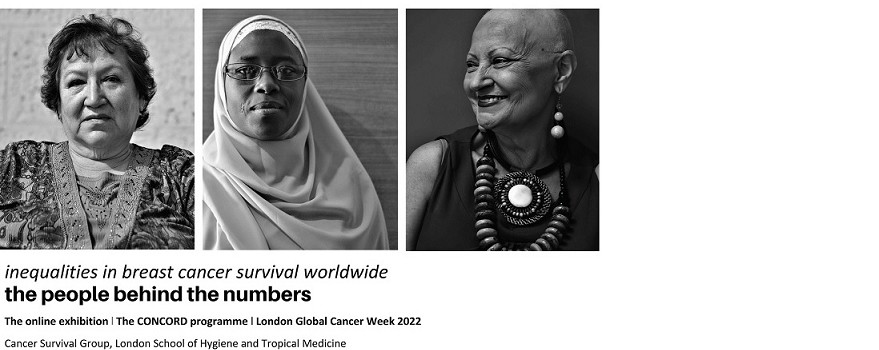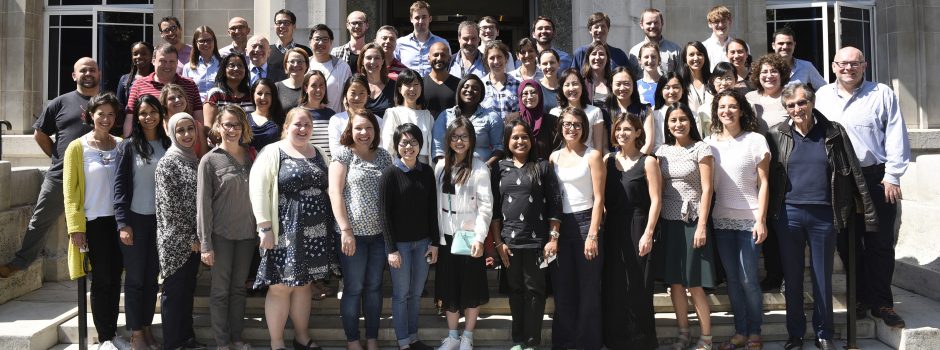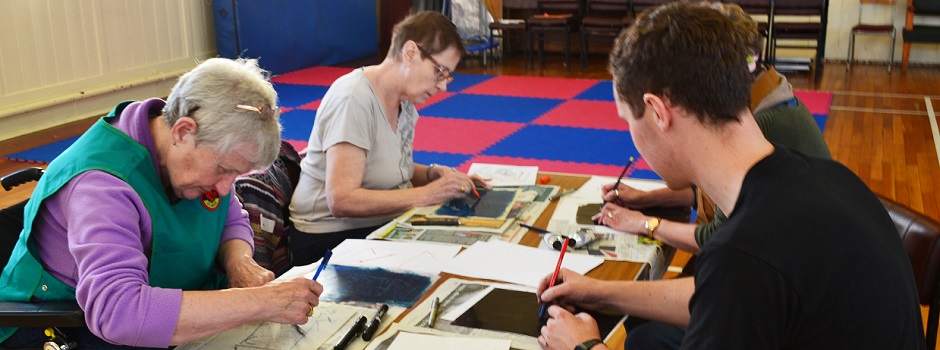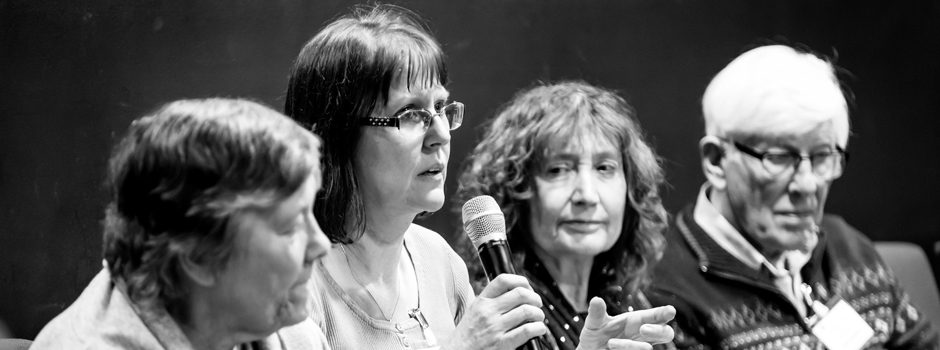Our research is designed to explain trends and inequalities in cancer survival between socio-economic, racial and ethnic groups of the population. We also study trends and differences in survival between regions and countries in the UK and world-wide. The results help policy-makers target investment in cancer services to improve survival and reduce inequalities. In 2015, our survival estimates informed the new national cancer strategy (Achieving world-class cancer outcomes: a strategy for England 2015-2020).
In many of our research projects, we analyse anonymised data collected by population-based cancer registries in the UK and other countries. The cancer patient data are often linked to other datasets, such as the Hospital Episode Statistics and clinical audit datasets, within the National Cancer Registration and Analysis Service in Public Health England. The linked datasets are obtained from PHE’s Office for Data Release. All of these research projects and data collections are approved by the UK’s statutory Health Research Authority’s Confidentiality Advisory Group and by NHS Research Ethics Committees, as well as by the London School’s Ethics Committee.
Socio-economic inequalities in cancer survival in England have fallen only slightly since the NHS Cancer Plan of 2000. This has important policy implications for earlier diagnosis and more rapid access to optimal treatment for all groups of society. The EUROCARE-5 study showed that survival for cancer patients diagnosed up to 2007 in the UK has remained lower than in many other European countries, although the differences are becoming less marked for some cancers. We have reported regional differences in survival within the UK. In collaboration with 322 cancer registries, we recently reported huge world-wide differences in cancer survival among over 37 million cancer patients in 71 countries (CONCORD-3).
We also develop new methods for cancer survival analysis, as part of the CENSUR group. Our statistical software and other tools for cancer survival analysis are available free here: you just need to register so we can keep you up to date.
Our annual short course on Cancer Survival: Principles, Methods and Applications has been running for 13 years: details for 2019 here. Participants based in low-, lower-middle and upper-middle income countries [LMIC] are entitled to a special discounted fee.
We published the official National Statistics on cancer survival in England with the Office for National Statistics (ONS) each year during 2000-16, as well as the NHS Outcome Framework indicators on cancer survival for the 209 Clinical Commissioning Groups. We published survival figures for all childhood cancers combined.
We have shown that half of all people diagnosed in England and Wales can now expect to survive from their cancer for at least 10 years, compared to just 25% 40 years ago. Cancer Research UK launched its new research strategy in 2014 on the basis of these results: see here.
You can find our recent publications here.








